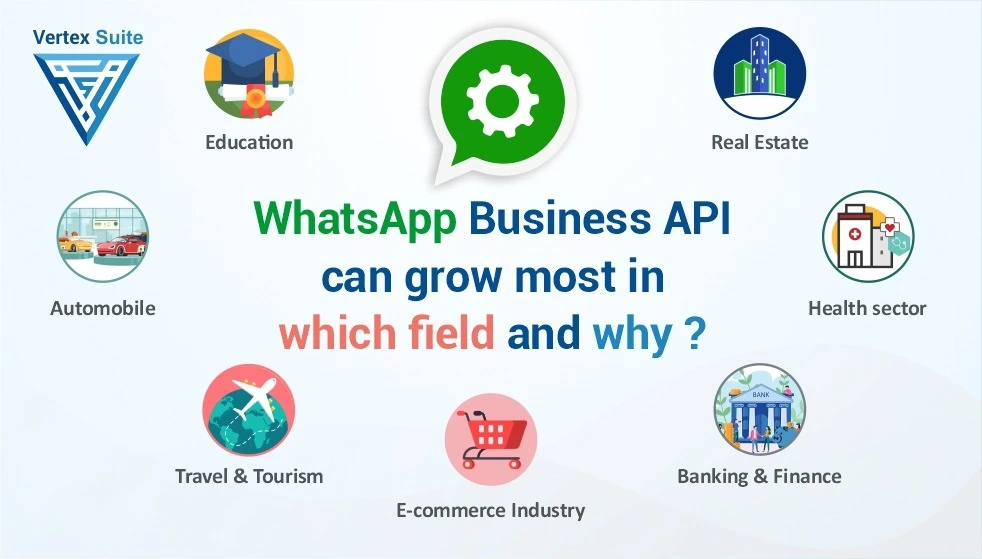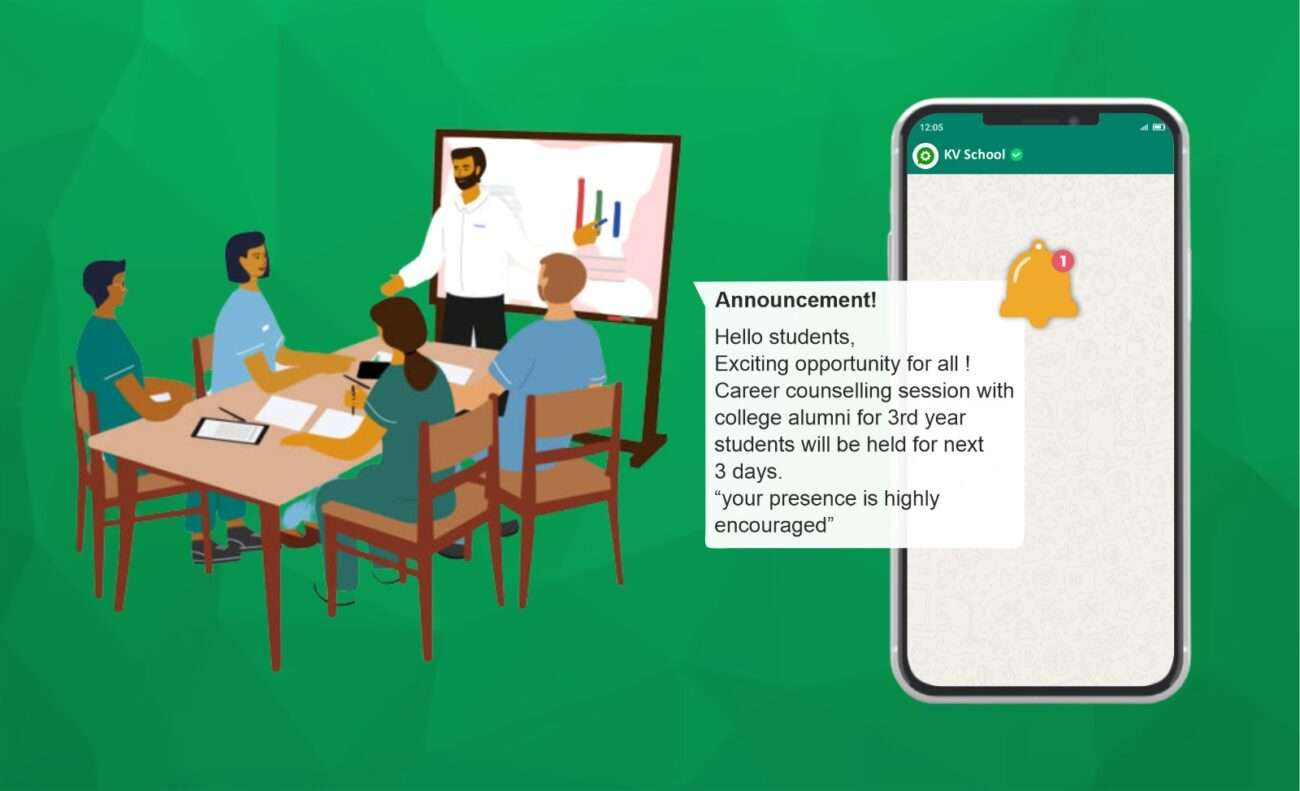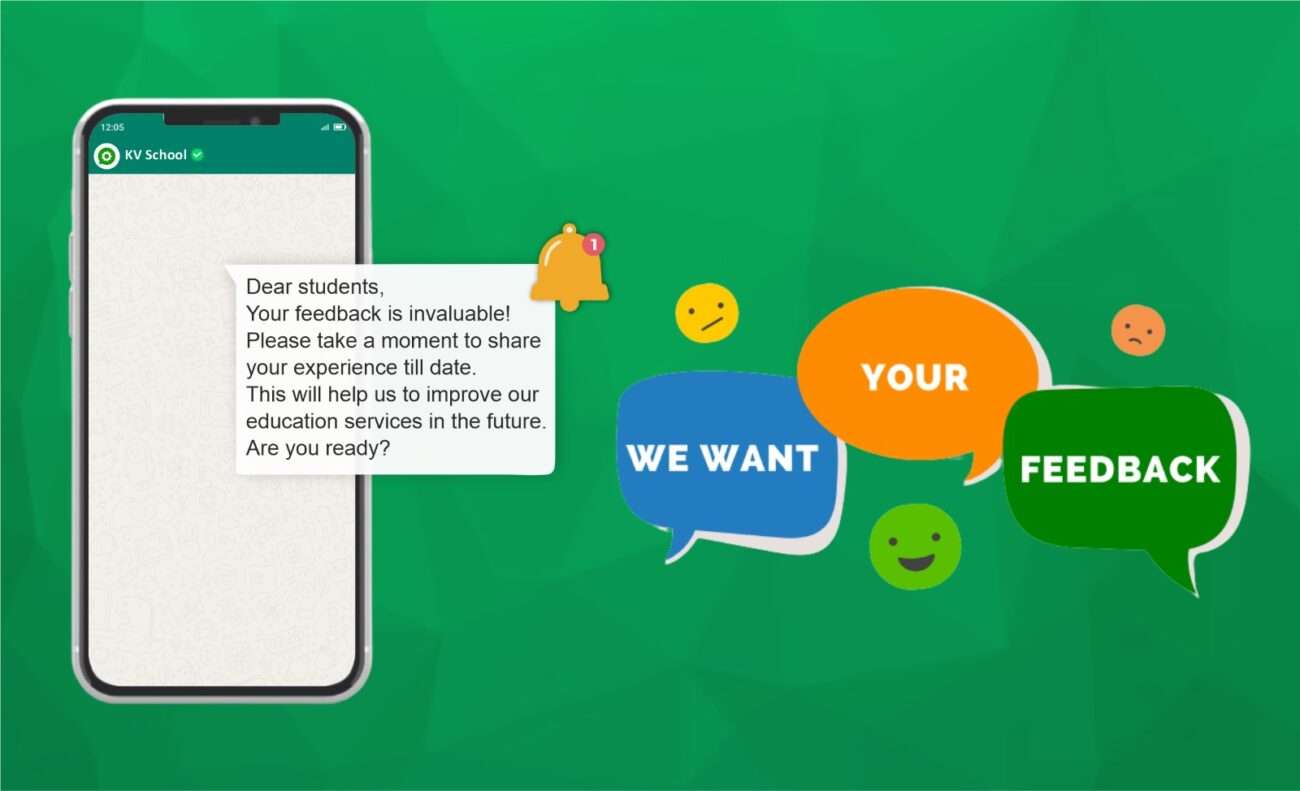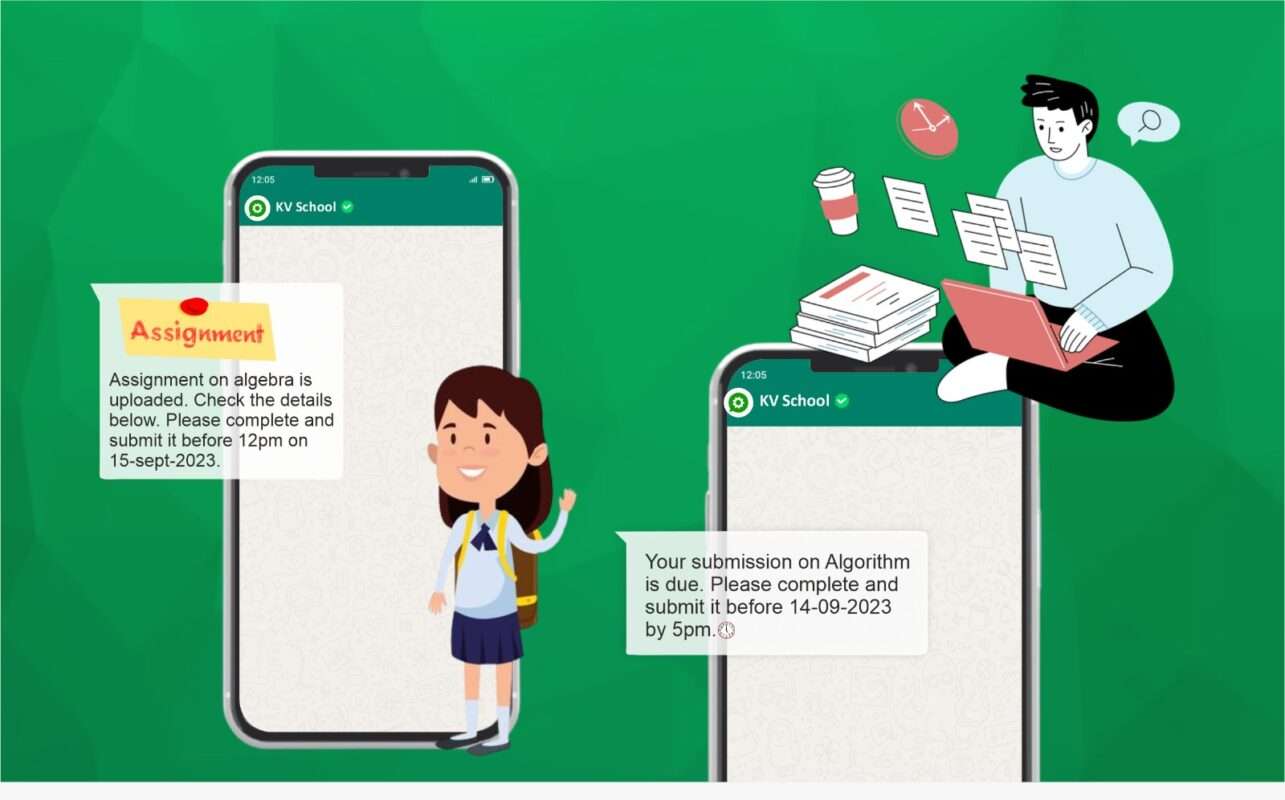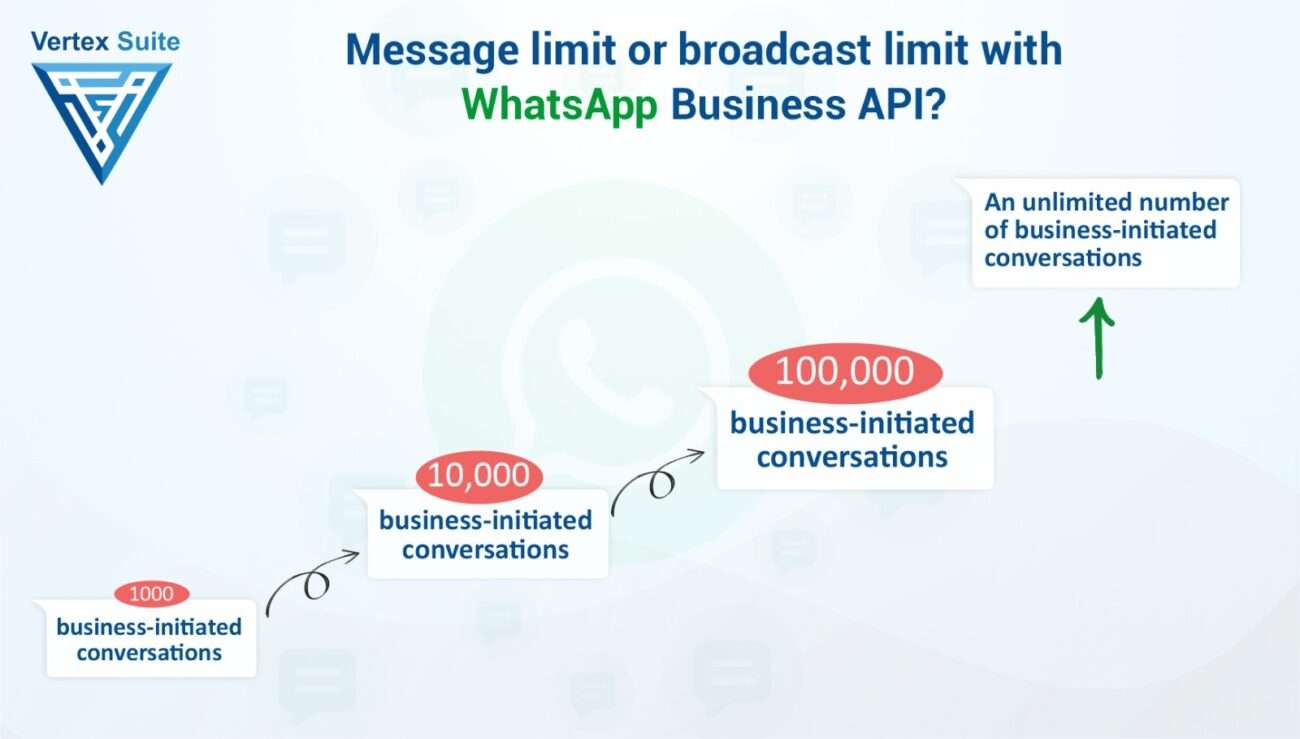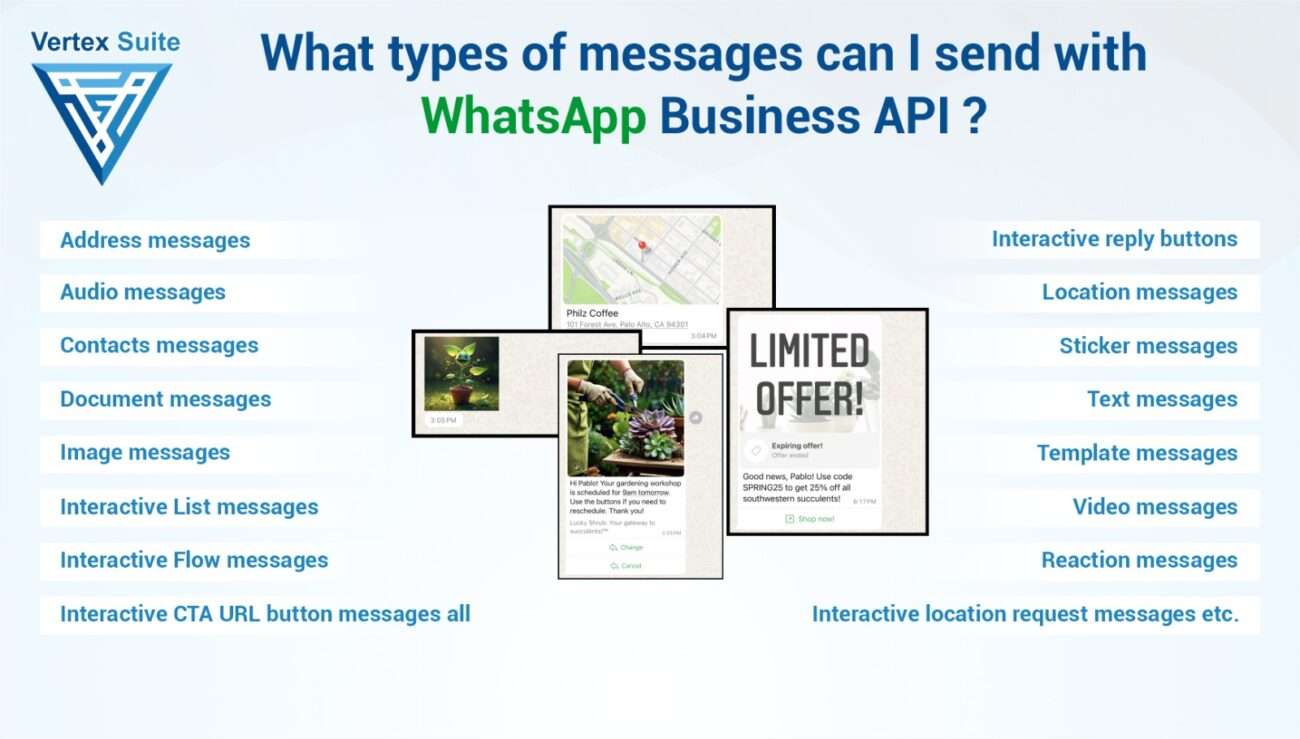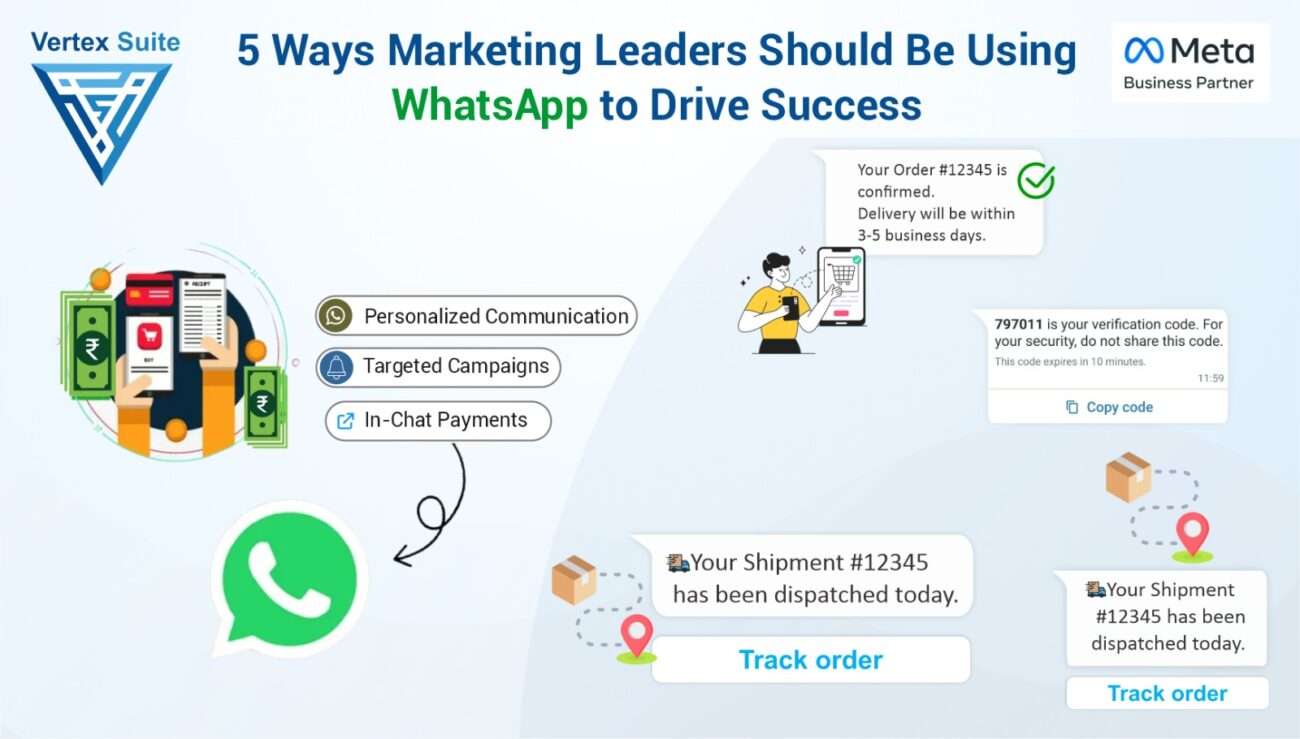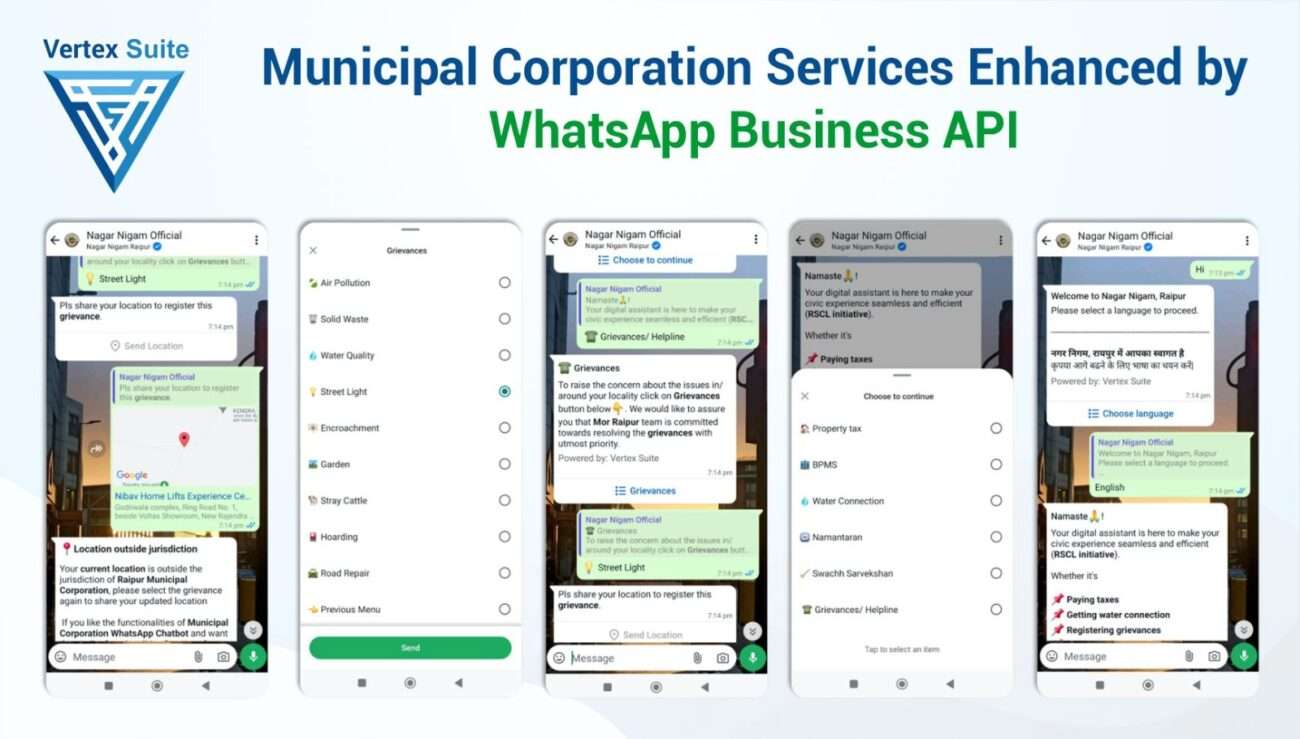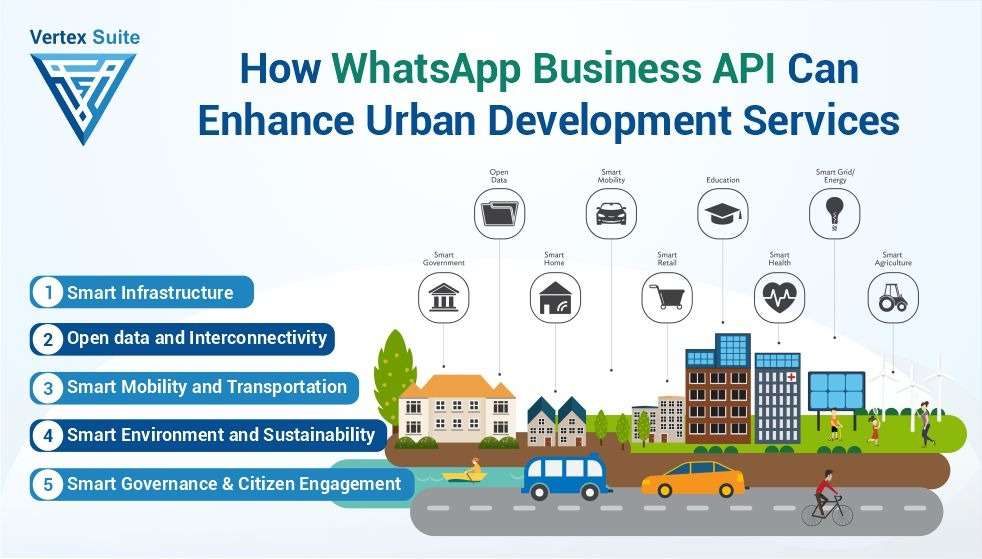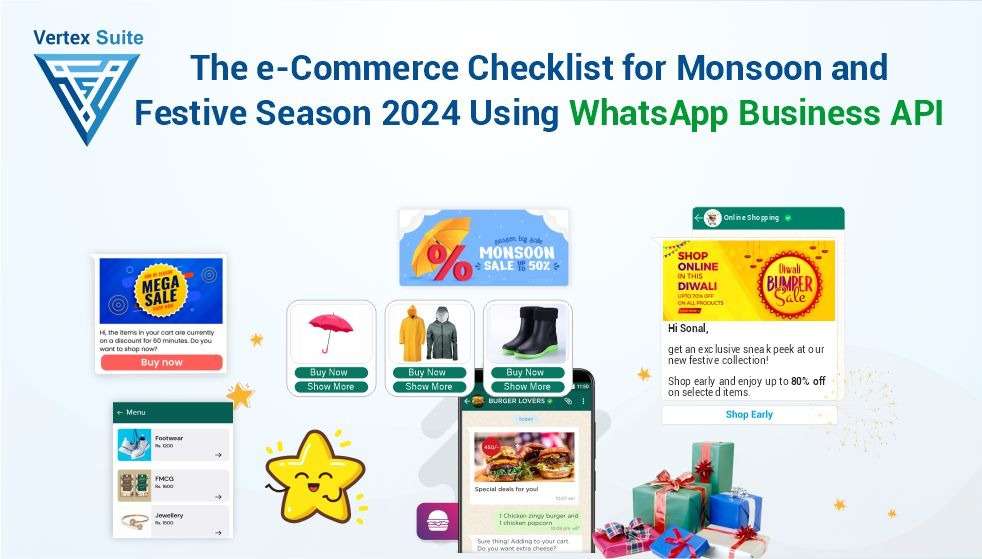The integration of the WhatsApp Business API with the healthcare industry offers significant potential for revolutionizing patient communication and healthcare delivery. Healthcare providers can harness WhatsApp's user-friendly platform to establish a seamless channel for patients to access care, schedule appointments, and seek medical guidance effortlessly. With its text, phone, and video messaging capabilities, WhatsApp enables the provision of telemedicine services and remote consultations, thereby enhancing healthcare accessibility, especially in remote or underserved regions.
Moreover, automated appointment reminders and notifications aid in improving medication adherence and reducing appointment no-shows. Additionally, WhatsApp serves as a valuable medium for distributing emergency alerts, facilitating communication among support groups, and disseminating health education materials, fostering patient empowerment and community engagement. By continuously gathering and analyzing patient feedback, healthcare professionals can adapt their services to meet evolving patient needs, ultimately enhancing patient satisfaction and advancing health outcomes.
let's delve deeper into why the healthcare sector holds substantial growth potential for the WhatsApp Business API:
1. Patient Engagement and Convenience:
WhatsApp provides a recognizable and easy-to-use communication platform. WhatsApp offers a handy avenue for communication in the healthcare industry, where patient involvement is critical. Long phone conversations or in-person visits are not necessary when patients may conveniently contact healthcare professionals with questions, follow-ups, or appointments.
2. Remote Consultations and Telemedicine:
The COVID-19 epidemic has expedited the growth of telemedicine. WhatsApp is a great tool for conducting remote consultations because of its text, audio, and video chat features. In particular for those living in remote or underserved locations, patients can consult medical specialists from the comfort of their homes, cutting down on travel time and enhancing access to treatment.
3. Appointment Management and Reminders:
In the healthcare industry, missed appointments are a serious problem that cause inefficiency and lost income. Patients may easily confirm, postpone, or cancel appointments with WhatsApp's automated appointment reminder feature. This preemptive strategy improves clinic timetables and lowers no-show rates.
4.Health Education and Awareness Campaigns:
In the healthcare industry, missed appointments are a serious problem that cause inefficiency and lost income. Patients may easily confirm, postpone, or cancel appointments with WhatsApp's automated appointment reminder feature. This preemptive strategy improves clinic timetables and lowers no-show rates.
5. Medication Adherence and Support:
Medication non-adherence is a prevalent issue in the medical field. Patients can get refill notifications, dose guidelines, and prescription reminders via WhatsApp. Better adherence and treatment results can also be achieved by having healthcare professionals give assistance and information on drugs, side effects, and treatment schedules.
6. Emergency Communication and Crisis Management:
Timely communication is crucial during emergencies, such as natural catastrophes or public health problems. Healthcare professionals may use WhatsApp to give patients with safety advice, health advisories, and emergency notifications. This immediate communication channel contributes to the quick dissemination of vital information, protecting patient safety and wellbeing.
7. Patient Support Groups and Communities:
Managing a medical condition or living with a chronic illness can be difficult. WhatsApp groups may act as online support networks where patients can interact with like-minded people, exchange stories, provide and receive support, and seek guidance. Peer-to-peer networks enhance patients' overall well-being by offering them emotional support, motivation, and empowerment.
8. Feedback and Continuous Improvement:
WhatsApp may also be used to get patient opinions on their encounters with healthcare professionals. By using this feedback to pinpoint areas that need improvement, raise the caliber of their services, and personalize their offers, healthcare professionals may be able to better meet the needs and preferences of their patients.


